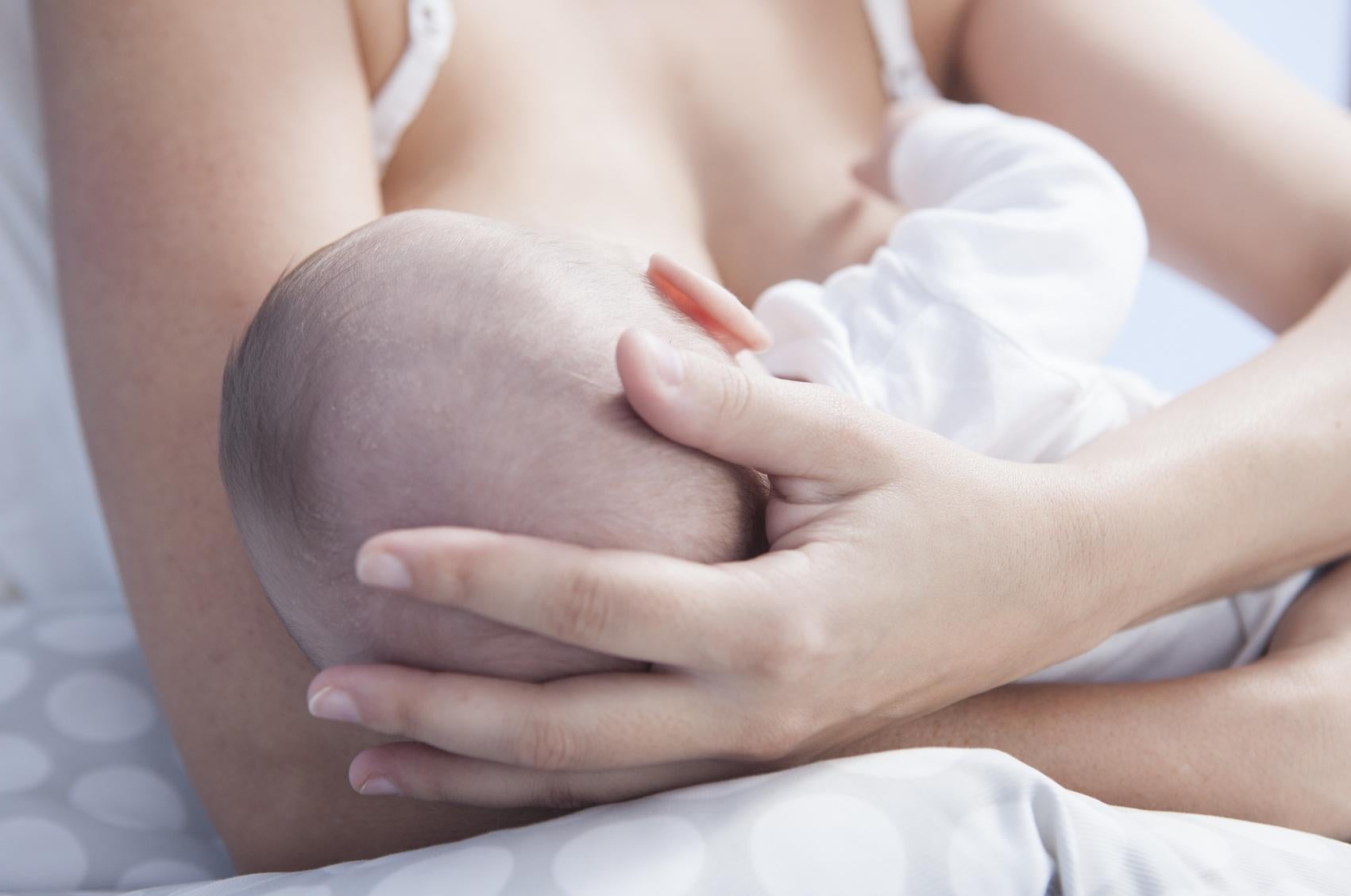Woman shares story of son’s starvation despite breastfeeding
Jillian Johnson’s baby died 17 days after birth

Your support helps us to tell the story
From reproductive rights to climate change to Big Tech, The Independent is on the ground when the story is developing. Whether it's investigating the financials of Elon Musk's pro-Trump PAC or producing our latest documentary, 'The A Word', which shines a light on the American women fighting for reproductive rights, we know how important it is to parse out the facts from the messaging.
At such a critical moment in US history, we need reporters on the ground. Your donation allows us to keep sending journalists to speak to both sides of the story.
The Independent is trusted by Americans across the entire political spectrum. And unlike many other quality news outlets, we choose not to lock Americans out of our reporting and analysis with paywalls. We believe quality journalism should be available to everyone, paid for by those who can afford it.
Your support makes all the difference.Five years ago, Jillian Johnson’s infant son Landon died of accidental starvation just 17 days after being born.
She shared the story in a recent blog post for the Fed Is Best Foundation, a nonprofit advocating for better education on newborn feeding procedures.
Ms Johnson wrote "if I had just given him one bottle, he would still be alive".
She gave birth to her son via caesarean section and he was a healthy weight. Lactation consultants thought the baby "had a great latch and was doing fine", Ms Johnson wrote.
She has Polycystic Ovarian Syndrome, a hormonal disorder that makes it difficult for women to produce milk, and one consultant suggested taking certain herbs to help her with production. She wrote that she was encouraged to breastfeed exclusively.
Despite continually nursing him because he would cry otherwise, baby Landon lost nearly 10 per cent of his body weight within two days and soon went into cardiac arrest due to dehydration. He was rushed back to the hospital.
While it is normal for babies to lose up to 10 per cent of their weight within a week of birth, pediatrician Dr James Sears told People that new parents should monitor weight loss continuously and “find out how many wet diapers the baby should have, how many poopy diapers” to use as a guide.
However, Fed is Best points out that a study done on the matter was inconclusive on a specific number required.
Ms Johnson was told by the doctors at that point that though “breast is best,” she should supplement with formula and bottle feeding.
Dr Sears said to also gauge a baby’s individual needs since some may need frequent supplemental bottle-feeding.
Dr Marianne Neifert, co-author of a 1990 study on breastfeeding by the University of Colorado Denver, told the Chicago Tribune in 2013 that nearly 15 per cent of the 319 women studied produced insufficient breast milk to exclusively breastfeed.
Diana Cassar-Uhl wrote in her book, Finding Sufficiency: Breastfeeding With Insufficient Glandular Tissue, that the "condition is still largely under-researched and misunderstood by practitioners."
Join our commenting forum
Join thought-provoking conversations, follow other Independent readers and see their replies
Comments